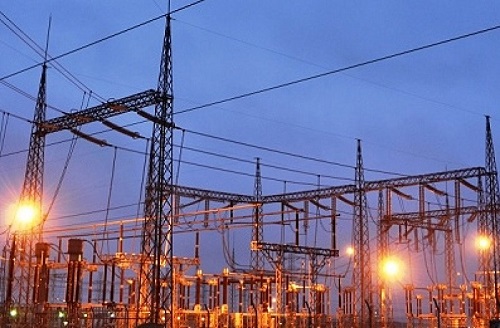The Association of Ghana Industries (AGI) business barometer for the second quarter of 2019 says the high cost of utilities is affecting businesses in the country.
The report showed an upsurge in business confidence from 99.8 per cent to 103.2 per cent, representing a 3.5 percentage increase.
This development, according to the Association, clearly indicates that specific business reforms and interventions by the Central Bank (Reduction in Policy Rates) helped to pick up confidence in the financial market and business community as a whole.
In spite of the rise in business confidence, the cost of electricity stood out as the main challenge for businesses in the second quarter of 2019.
To this end, AGI has impressed on the government to prioritize policy interventions towards accelerating growth within the industrial sector.
“High utilities have a telling effect on manufacturers and businesses as a whole – if not checked this could influence the cost of doing business,†said the AGI.
Aside from the high cost of electricity, the cost of raw materials also stood out as a major challenge for the business community especially manufacturers.
The Association further pointed to the cedi’s stabilization against major international trading currencies which continued into the second half of the year, creating some certainty in the business arena regarding the stability of the cedi and the consequent operating costs they incur.
The upsurge in both business and consumer confidence reflects increased economic activity, indicating actual economic growth.
High electricity tariffs caused by wasteful expenditure in energy sector - Ken Ofori Atta
Finance Minister Ken Ofori Atta has attributed the high cost of electricity tariffs in the country to the wasteful expenditure in the energy sector.
According to him, the situation is making Ghana uncompetitive for manufacturing, thus holding back our industrialization and job-creation agenda.
Addressing Parliament during the 2019 mid-year budget review, Ken Ofori Atta said "Mr. Speaker, the total costs in the energy sector that Government had to cover in 2018 amounted to US$520 million (GH¢2.7 billion). Moreover, by end of June this year, Government had made total payments of US$604 million (GH¢3.14 billion), and if we do not urgently address the problems in the sector, the projected Government payments in 2019 will be at least US$1billion, (GH¢5.2 billion).
The Finance Minister stated that "these wasteful expenditures in the energy sector are one of the main causes of increases in end-user electricity tariffs, imposing hardships on Ghanaians. Similarly, this makes Ghana uncompetitive for manufacturing, thus holding back our industrialization and job-creation agenda. What’s more, these wasteful payments are putting pressure on our foreign currency reserves and on the exchange rate."
READ ALSO :
Â





